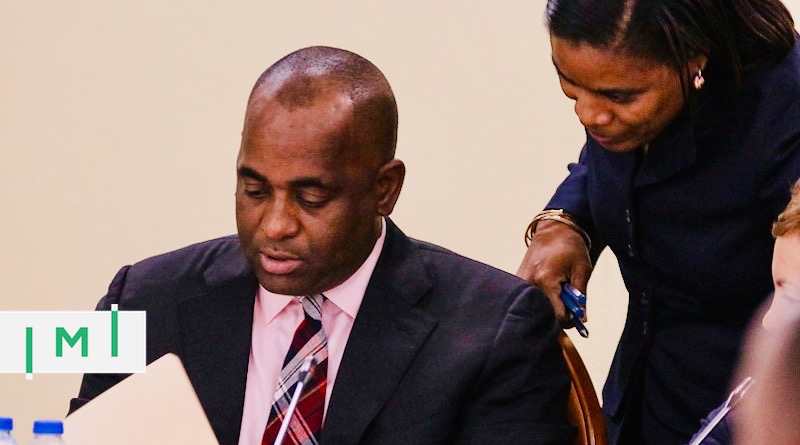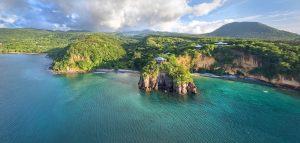Dominica Becomes Latest CIP to Announce More Flexible Dependent Definitions
Dual hurricanes in 2017 set off a Caribbean “price war” that saw the region’s five citizenship by investment programs (CIPs) drastically reduce investment and donation thresholds, stopping just shy of US$100,000, a level that’s become both an economic and psychological floor – if only an informal and implicit one.
As the pandemic curbs application volumes at a time when there is little room for any downward adjustments in minimum investment or donation requirements, Caribbean CIP jurisdictions have taken to qualitative measures to elevate their appeal. Effectively precluded from reducing prices, which would risk another price war, CIPs are now competing on who can be more inclusive.
Antigua & Barbuda has made it simpler and cheaper to add dependents to already-approved applications and reduced the cost for larger families under certain options. Saint Lucia introduced a COVID-19 Relief Bond option, the minimum investment in which is half that of the ordinary bond option, and this week also expanded its definition of “qualifying dependents”.
Yesterday, it was the Dominica CIP’s turn to make itself more attractive without cutting donation or investment requirements.
“The changes we are announcing are exciting. They are meant to accelerate family reunification in a world where togetherness, and the right to all be able to live in a safe, stable, and welcoming environment is more important than ever,” commented Prime Minister Roosevelt Skerrit in his government’s press release.
While the permissible age ranges have not changed for children or for parents, Dominica has expanded the definition of “dependents”:
- Siblings – biological or adopted – of the main applicant or spouse may now be included in the application, provided the sibling is over 18 years of age, single, and childless.
- The adult children of the main applicant need no longer demonstrate that they are currently attending an institution of higher learning, nor that they live with their parents. Demonstrating that the main applicant or spouse financially supports their child is now sufficient.
- Likewise, parents and grandparents of the main applicant or spouse, need no longer demonstrate that they live with the main applicant to qualify and need merely show that they are financially supported by the main applicant.
- Children born and spouses married after the main applicant has received citizenship are now eligible for naturalization on the basis of the original application. These provisions are valid for children born to or spouses married to anyone included in the original application, regardless of whether that person was included as a main applicant, spouse, or dependent.
- The government, according to the press statement, has also “simplified the addition of other family members that could have been included as dependents in the original application,” but has not specified precisely how this procedure has been simplified.
The press statement included no remarks on changes to due diligence or government fees. It, therefore, remains unclear at what cost it will be possible to include, post hoc, any additional family members.
In the event of including additional family members at the post-naturalization stage, all dependents aged 16 and up must undergo the normal due diligence checks, while the main applicant must repeat them if more than a calendar year has passed since the original submission.
Want to know more about the Dominica Citizenship by Investment Program? To see recent articles, statistics, official links, and more, please visit its Program Page. To see which firms can assist with applications to the program, visit the Residence & Citizenship by Investment Company Directory.
Properties that can qualify the buyer for citizenship in Dominica:
See more properties that come with residence/citizenship opportunities in IMI Real Estate.
Christian Henrik Nesheim is the founder and editor of Investment Migration Insider, the #1 magazine – online or offline – for residency and citizenship by investment. He is an internationally recognized expert, speaker, documentary producer, and writer on the subject of investment migration, whose work is cited in the Economist, Bloomberg, Fortune, Forbes, Newsweek, and Business Insider. Norwegian by birth, Christian has spent the last 16 years in the United States, China, Spain, and Portugal.




